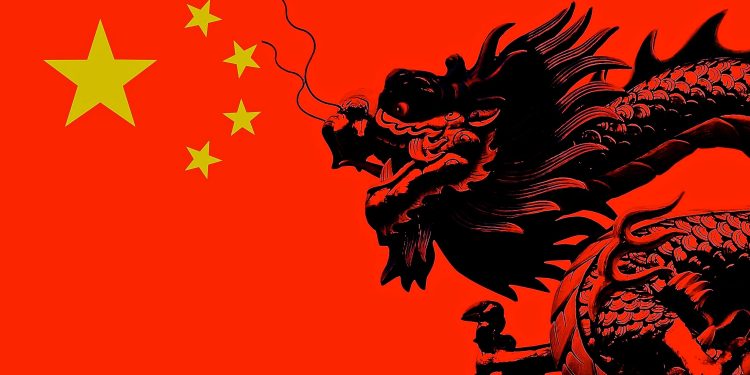Washington: China’s investment under the One Belt One Road (OBOR) abroad would create potential military advantages for Beijing and negative economic effects for the host country, the Pentagon has warned.
In a report titled ‘Assessment on United States Defence Implications of China’s Expanding Global Access’, the Department of Defence has expressed concerns on the actions of the Chinese government.
“Some OBOR investments could create potential military advantages for China, should it require access to selected foreign ports to pre-position the necessary logistics support to sustain naval deployments to protect its growing interests in waters as distant as the Indian Ocean, Mediterranean Sea, and Atlantic Ocean,” the report, which is the second one on China in 24 hours, said.
The Pentagon report identified 17 cases in which Chinese investment and project financing bypassed regular market mechanisms and has resulted in negative economic effects for the host country.
The China Global Investment Tracker, compiled by the American Enterprise Institute and the Heritage Foundation, observed that from 2006-2017 China invested roughly $223 bn in North America, $98 bn in South America and $299 bn in Europe.
It invested $77 bn in Sub-Saharan Africa, $31 bn in the Middle East and North Africa followed by $120 bn in East and Southeast Asia, the report added.
“In some cases, Chinese investment and project financing that bypasses regular market mechanisms results in negative economic effects for the host country,” the Pentagon said.
China’s announcement of $60 bn in additional aid and loans for Africa occurred despite the International Monetary Fund’s early 2018 warning that sub-Saharan African nations are at a growing risk of debt distress.
An advisor to Prime Minister Imran Khan told reporters the previous government “gave away a lot” to China and argued for renegotiation.






































